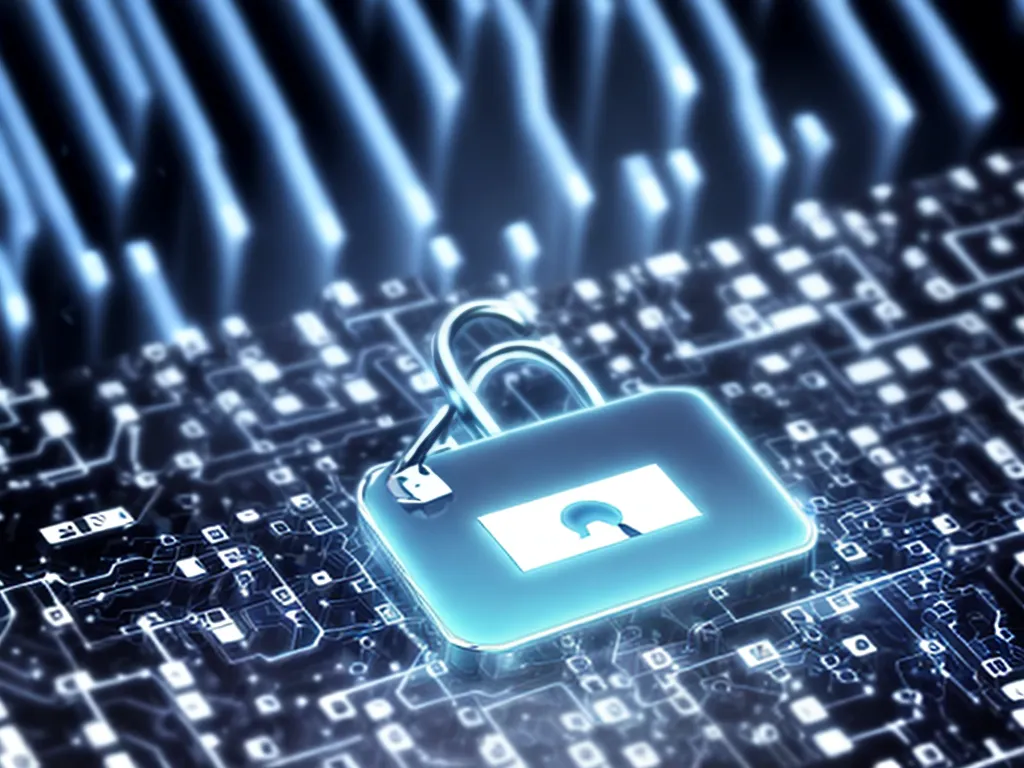
Securing Your Online Identity: Avoiding Data Breaches and Identity Theft
Identity theft and data breaches are serious threats in the digital age that can have devastating consequences. As more of our personal and financial information is stored online, it’s crucial to take steps to secure your online identity. This article provides an in-depth look at ways to protect yourself from data breaches and identity theft.
How Data Breaches Happen
Data breaches occur when sensitive personal and financial information is accessed without authorization. Here are some common ways breaches can occur:
Hacking
- Hackers can exploit vulnerabilities in websites and networks to gain access to large databases of user information. Once inside, they can steal data like names, emails, passwords, credit card numbers, and more.
Malware
- Malicious software like viruses, spyware, and ransomware can infect networks and systems, stealing data in the process.
Phishing
- Deceptive emails trick users into clicking malicious links or downloading files that steal login credentials and other info.
Insider Threats
- Company insiders like employees or contractors can abuse access privileges to steal and profit off of private data.
Third-Party Breaches
- When companies you use get hacked, your data stored by them can be compromised. For example, credit bureau breaches exposed millions of people’s information.
Major data breaches often stem from inadequate security procedures and protocols. Companies that collect user data have a responsibility to protect it.
Consequences of Identity Theft
Once your personal information is compromised in a data breach, it can be used to commit identity theft and fraud, including:
-
Opening new credit cards and accounts in your name – This damages your credit and finances.
-
Filing tax returns and claiming refunds – Criminals can collect refunds meant for you.
-
Accessing your existing accounts – Bank, retirement, and other accounts can be drained of funds.
-
Committing medical fraud – Your health insurance can be used for expensive treatments.
-
Committing crimes in your name – Your identity associated with crimes causes major legal troubles.
Victims of identity theftspend endless hours and money trying to repair damage to their finances, credit, and reputation.
Securing Online Accounts
Fortunately, there are steps you can take to secure your online presence and accounts:
Use Strong, Unique Passwords
- Avoid common passwords and reuse – make each account password long, random, and unique. Use a password manager to remember them.
Enable Two-Factor Authentication
- Add an extra layer of security by requiring both your password and a one-time code sent to your phone or email.
Update Software Regularly
- Keep apps, operating systems, and security software updated to patch vulnerabilities.
Avoid Unsecured Public WiFi
- Don’t access sensitive accounts and info over public networks – they are easy for hackers to snoop on. Use a VPN instead.
Beware of Phishing Attempts
- Don’t click suspicious links or attachments, even if from a seemingly legitimate source. Verify legitimacy first.
Monitor Financial Accounts
- Regularly review credit card and bank statements and report any fraudulent activity immediately.
Limit Personal Info Shared
- Be selective about what personal data you provide to websites and companies. Share only what is required.
Protecting Yourself After a Breach
If you are notified your data was exposed in a breach, take these steps:
-
Change any compromised passwords. Use new, unique ones for each breached account.
-
Monitor accounts closely for suspicious activity and review credit reports.
-
Consider a credit freeze to restrict access to your credit reports to prevent fraud.
-
Beware of phishing scams using the breach to trick you into sharing more data.
-
Use the free credit monitoring if offered by the breached company.
Being proactive after a breach helps prevent criminals from misusing your exposed information.
Conclusion
While data breaches are increasingly common, there are ways to minimize your risk of identity theft:
-
Use strong, unique passwords and two-factor authentication.
-
Keep software updated and avoid unsecured networks.
-
Monitor accounts closely and limit personal data shared.
-
Take action if your information is exposed in a breach.
Securing your online identity requires vigilance, but is essential to protecting your finances, credit, and reputation. With care and proactive precautions, you can reduce your risk. Staying informed on new threats and techniques for protection is key to staying a step ahead of data thieves.












